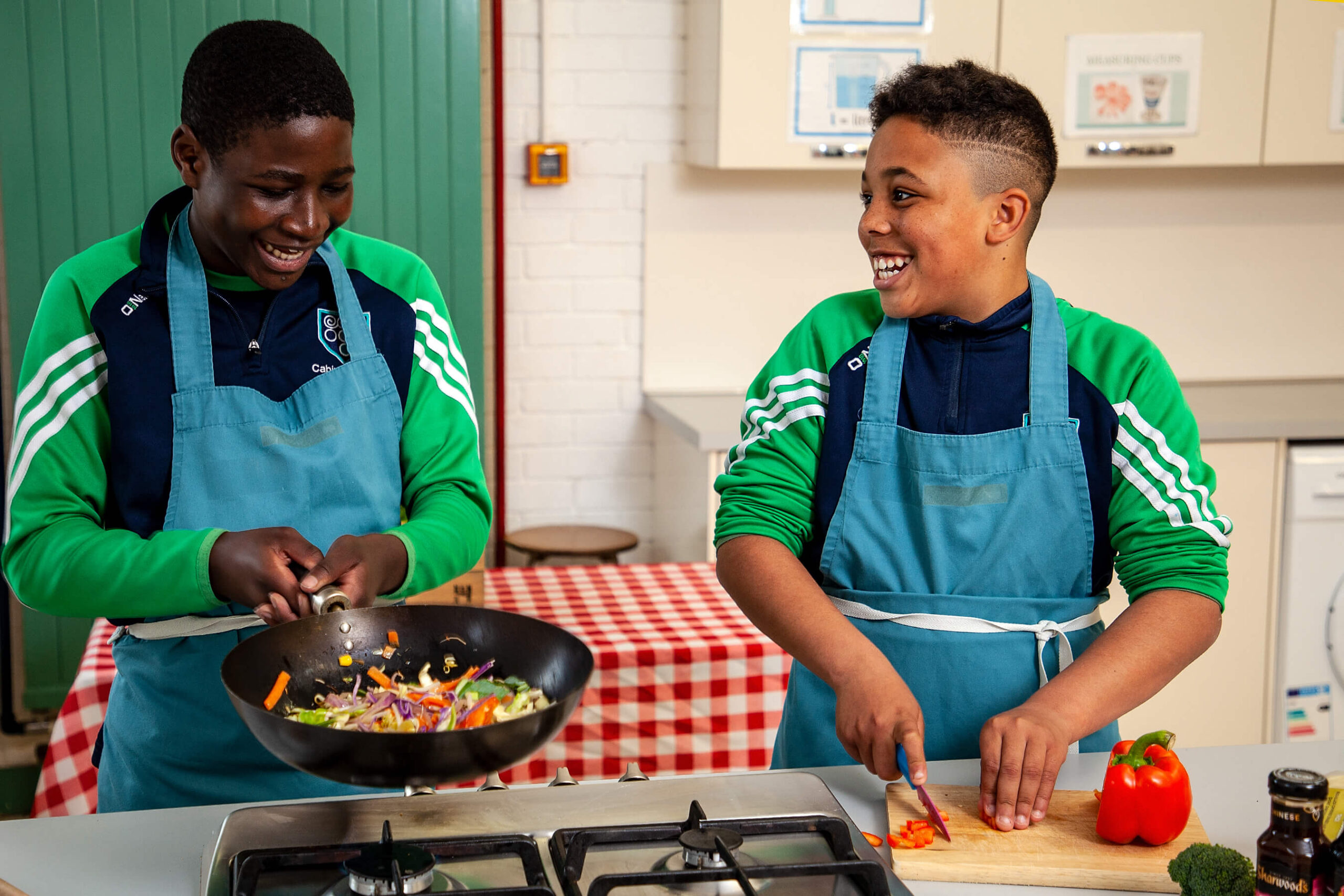
Guidance Counsellors
More
Role of the Guidance Counsellors
- To design, deliver and evaluate guidance programmes relating to:
- Personal and social development (Self-awareness, decision making skills, planning, coping strategies)
- Educational development (subject / course choices, subject level, motivation and learning, study skills, learning related problems, psychometric testing)
- Career development (employment rights and duties, job opportunities, vocational education and training, further education, job and interview preparation, career research and career / course information)
- To facilitate the evaluation and development of a school’s guidance programme (Looking at Our Schools & School Self Evaluation Guidelines 2016-2020).
- To provide Individual and group counselling (personal, vocational & educational).
- Career Information-To provide labour market trends, support students in accessing career information through ICT and blended learning (Digital Strategy for Schools 2015-2020- 4 themes, theme number 1 includes provision for the school guidance programme).
- Inter-agency links-To plan and organise workplace learning and to make strong links with the wider business community, agencies and the voluntary sector.
- To conduct psychometric testing (Aptitude and ability tests – incoming 1st years and 3rd years, career and interest inventories).
- To collaborate with staff and management in the planning, leading, delivery, review and evaluation of the guidance service and the whole school guidance plan.
- To work with parents and referral agencies in facilitating the personal, social, educational and career development of students. (Parent Information Evenings).
- To refer students to external agencies and professionals as appropriate.
- To establish close ties with feeder schools, FET Colleges, training centres, Higher education colleges and Universities (access offices).
- To ensure guidance is part of the Junior Cycle Well-being Programme (CL 0015/2017). Framework for Junior Cycle 2015- highlights that guidance provision may be included in the 400 hours available to well-being.
- To ensure that the Guidance service is implementing DEIS Plan 2017- – 5 Goals- a number relating to Guidance (1. Schools with School Support Programme must have designated Guidance Counsellor to support successful transition (DES,2017b;pg.40) 2. Engagement between guidance counsellor, HSCL, FET & HET access officers to support transitions. 3.
Arrangements to be in place to support transition & access of students from disadvantaged backgrounds to FET & HET (pg41) (College Awareness Week Events, Visiting FET/HET/Apprenticeship/Public Jobs representatives and access officers, ensuring student involvement in access programmes such as ‘Future You’ UCD programme, attending Higher Options, Open days, TAP Application Workshops, organising IADT portfolio support programme for students, ensuring students take part in TY University programmes).
- Ireland’s National Skills Strategy 2025 (DES,2016e) – supports lifelong learning and one which is responsive to all, career guidance identified as ‘essential’ in supporting individuals in making appropriate choices and improving retention on courses.
- Looking at Our Schools 2016 – Learning is seen as holistic and central to the development of student’s well-being. Guidance is defined as ‘a range of learning experiences’ (DES 2005;pg.4), the framework encompasses guidance provision.
- NEPS Well-being in Post Primary Schools (2013)- Whole School Guidance Plan identified as an intervention that addresses the emotional health and well-being of young people. (Continuum of support model for school to employ in supporting the emotional, behavioural, social and learning needs of all students, support for all, for some and for a few.
- To undertake compulsory professional IGC supervision – 5 times per year.
- To undertake CPD as they arise.

